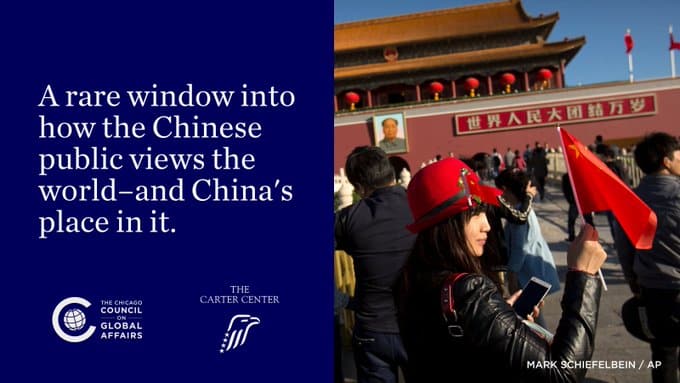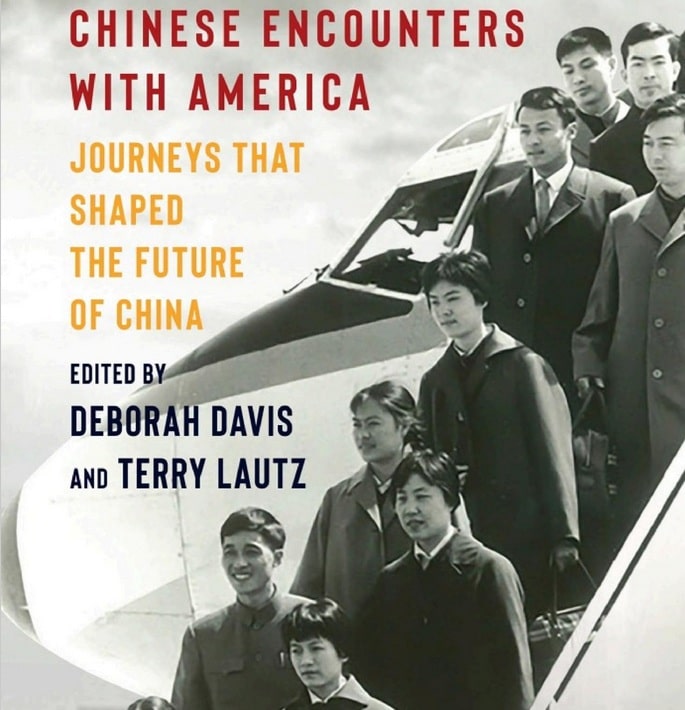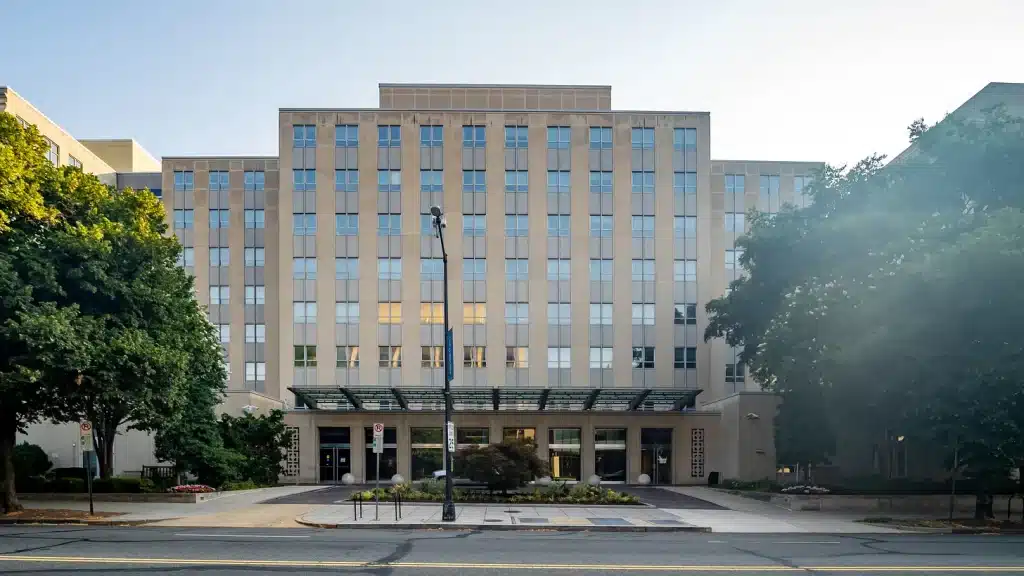Yawei Liu: What Could We Learn from these Encounters?
Editorial Note: Yawei Liu, the website’s managing editor, was invited to speak at the Lanting Forum “Promoting Dialogue and Cooperation and Managing Differences: Bringing China-U.S. Relations Back to the Right Track” on February 22, 2021. The following are his remarks.
I want to thank the three hosts, the China Public Diplomacy Association, the Chongyang Institute of Renmin University, and the Institute for Global Cooperation and Understanding at Peking University for inviting me to participate in this important online meeting.
Since I got the invitation in late January, I have been thinking about what I should say at this meeting. There are lots of speakers at each of the three panels. Could I say something different and unique? Two days ago, I received the final agenda for the meeting. I went through the list and came up with an idea.
I am first going to explain my past encounters with the moderators and speakers of this virtual dialogue. I believe these encounters–some of which were accidental–will 1) inform us where US-China relations used to be; and 2) offer us small but meaningful lessons on how we can stabilize and improve the relationship in the coming years.
My encounters with the moderators and selective speakers are in chronological order.
First, President Hao Ping of Peking University went to study at the Department of History, University of Hawaii right after I left in August 1989. I never got to meet with him until he presided over a talk given by President Carter at Peking University in 2007. He was vice president of the university at the time.
Second, Professor Yuan Ming was the first visiting scholar to the Carter Center in the early 1990s. Her husband, Dr. Han Qide, was a visiting scholar at Emory University for many years. I remember Professor Yuan hosted a reception for their friends at Emory University. It was one of those receptions with a lot of good food and comradery. Dr. Han later became of the state leaders of China. I often bragged to friends as a graduate assistant at Emory University’s Office for International Students and Scholars that I used to “manage” Dr. Han.
Third, Thomas Friedman traveled with a Carter Center delegation to Dalian to observe village elections in 1998. He wrote three op-eds in NYT. I believe these op-eds contributed significantly to the change in American perceptions of China. He later described his experience of observing the campaign speech by candidates for the villager committee chairs in his best-selling novel, The Lexus and the Olive Tree, in 1999.
Fourth, before Steve Orlins was president of the National Committee on US-China relations, the Committee and The Carter Center jointly organized an observation of the US presidential election in 2000. In 2014, Steve came down to Atlanta and held the annual town hall on US-China relations at the Carter Center. It was right after President Carter’s last visit to China. He asked President Carter about the visit, and President Carter responded that it was a blast.
Fifth, Cheng Li joined our village election observation. I am not sure which year it was, but it was in Yunnan. We rode in the van with Yunnan civil affairs officials and talked about what grassroots elections meant for China.
Sixth, on September 5, 2014, Yao Ming came to a birthday party reception for President Carter at China’s National Museum. I remember how happy the Carters were when they took a picture with Yao after lunch.
Seventh, each time I travel to DC, I visit with Ambassador Julia Chang Bloch. She talked about her 60 American studies partners in China. In 2015, she came down to Atlanta and was a keynote speaker at our Young Scholars Forum on U.S.-China relations. Dr. Wang Dong was a presenter at the forum, too.
Eighth, Wang Guan, the moderator for the first concurrent panel, and I were both speakers at the meeting on U.S.-China relations at Georgetown University organized by the Chinese students in 2016. Wang was then CCTV’s reporter in Washington DC and had credentials to the White House Press Briefing Room.
Ninth, on January 16, 2019, Dr. Wang Wen, moderator of the second concurrent panel, came to The Carter Center to participate in the meeting to commemorate the 40th anniversary of the normalization. The Carter Center was the only U.S. institution to organize a meeting to commemorate this important occasion. We invited many Chinese scholars. Wang Wen did not tell me about his experience in Atlanta. It was very ugly.
Tenth, in August of the same year, I invited Dr. Wang Dong, moderator of the third concurrent panel, to join us in Addis Ababa, Ethiopia, to discuss if China and the U.S. could cooperate in Africa–particularly in the areas of economic development and public health in the wake of US-China cooperation to contain the Ebola in West Africa.
Finally, Ambassador Cui Tiankai first came to the Carter Center to attend our annual high-level forum on US-China relations in November 2013. This was the first year he served as Chinese Ambassador to the US. He came to the Center again in January 2019 to meet with President Carter and spoke at the meeting that was mentioned before. On January 27, 2021, he attended our webinar entitled “U.S.-China Engagement: Past Successes and Future Adjustments.” I was told by his assistant that Ambassador Cui was going to leave the “room” after his remarks. He stayed through the entire two-hour meeting and became the last one to speak. In answering a question from the moderator, Ambassador Cui said U.S. government should never ever contemplate regime change in China, saying it is a dangerous path to take.
We can draw many lessons from these my eleven encounters with today’s moderators and speakers from both China and the United States.
- The people-to-people relationship between the U.S. and China used to be very thick. It was one of the most important stabilizers of the relationship.
- Both countries used to be very open and were not afraid of inviting people from the other side to get into the house to see things were run. Now both governments are accusing the other side of trying to undermine their political systems and values.
- When the official relationship goes low, the people-to-people relationship needs to go high.
- We will keep telling the American government to be more open in allowing this kind of relationship to flourish. We also hope the Chinese government remains open to allow organizations like U.S.-China Education Trust, the Brookings Institution, the National Committee on US-China Relations and The Carter Center to have more access to China and to create opportunities for more Chinese NGOs to interact with American NGOs.
Click here to access the Lanting Forum agenda.
Author
-

Dr. Yawei Liu serves as a senior advisor to the Carter Center’s China Focus program. He is the founding editor-in-chief of U.S.–China Perception Monitor and its Chinese-language website, 中美印象.







